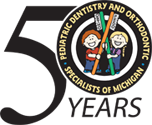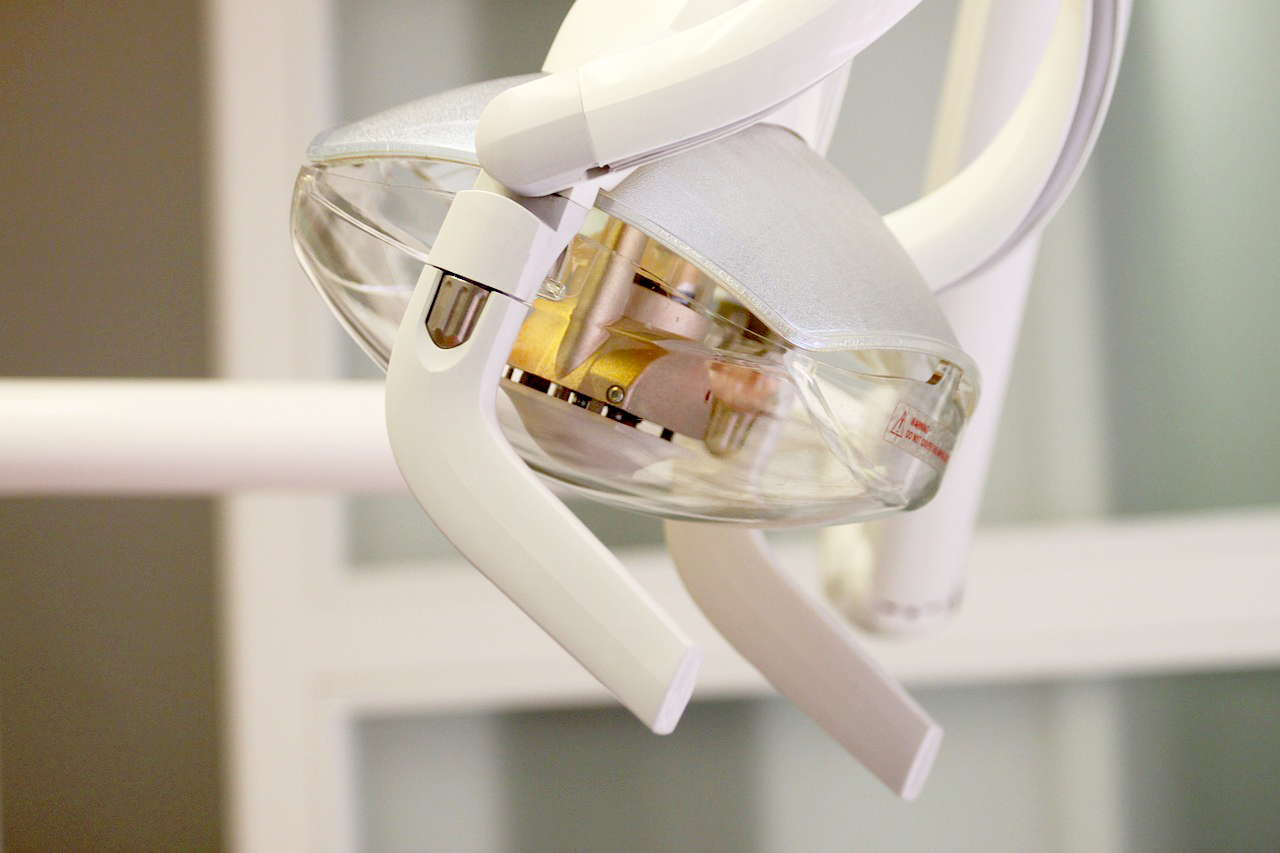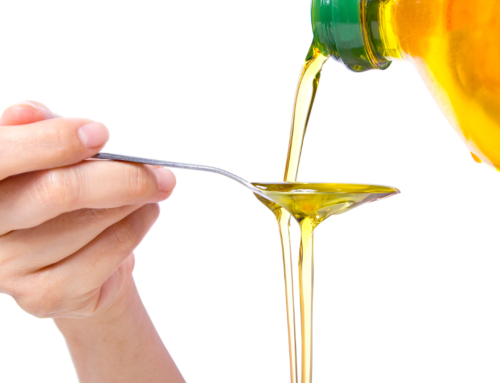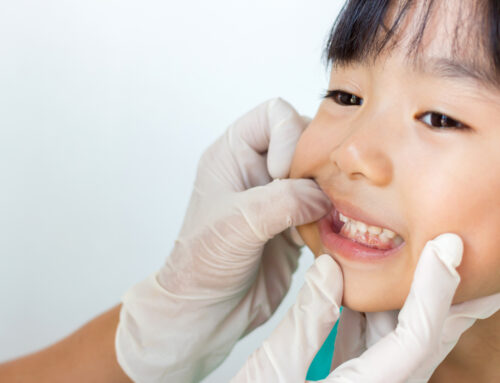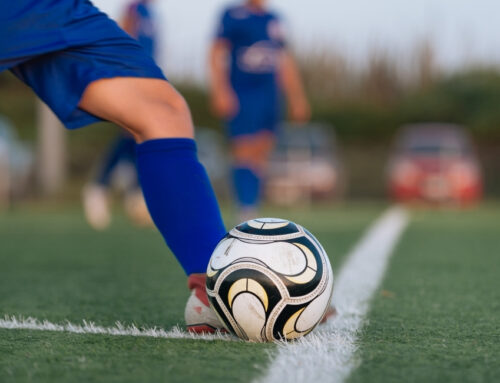Unfortunately, kids getting a tooth knocked out (avulsion) is relatively common. First aid and knowing what to do in the heat of a moment often means the difference between saving the tooth or losing it. Avulsion is more common among boys than girls, and often occurs at age 7 to 9, just when permanent incisors have come in and coordination is still developing.
Just about anything can cause a tooth to get knocked out but common causes include participation in contact sports (especially if mouthguards aren’t being worn), playtime accidents and fights. When an incisor gets knocked out, it is not only a physically traumatic experience for the child but also a very emotional experience for others and that can make proper action more difficult.
WHAT TO DO:
- Stay calm and keep the child calm.
- Pick up the tooth by the crown (white part of tooth you see when someone smiles). DO NOT touch the root.
- If the tooth is dirty, rinse it BRIEFLY (10 seconds) under cold, running water.
- Replant the tooth back to where it was. Do it yourself or let your child do it. You don’t have to use a lot of force. Just use your fingers to reinsert it into the socket and have the child bite down on a handkerchief to keep the tooth in position.
- If you can’t/won’t replant the tooth, store it in the following:
- Hank’s Balanced Salt Solution (HBSS, if you have it, schools usually do)
- Milk
- Saline
- If the child is old and calm enough, use his/her mouth as the safest pocket for the tooth, between the molars and the inside of the cheek. This is not recommended if the child has the risk of swallowing the tooth.
- NEVER STORE IT IN WATER.
- If the tooth is transported “dry,” (outside the mouth, without any of the above storage media), the chances of saving it goes down substantially.
- Take your child to your pediatric dentist ASAP. Do not delay. This is a true dental emergency.
- If you can’t/won’t replant the tooth, store it in the following:
WHAT WILL HAPPEN AT THE PEDIATRIC DENTIST’S OFFICE:
Clinically and through x-rays, your dentist would assess the replanted tooth and adjust it if needed, but they would keep the tooth in place. They’d clean the site, treat/suture any laceration in the gums, and apply antibiotics, as needed.
If the tooth was on the ground, your dentist might recommend a tetanus booster shot depending on your child’s tetanus coverage.
If the tooth wasn’t replanted prior to your arrival, local anesthesia may be administered before cleaning the socket (saline irrigation). A clot will form almost immediately after the tooth is avulsed which is why it is so important to put the tooth back in immediately.
A flexible splint would be used on the tooth for two to four weeks. A referral will be given to a root canal specialist (endodontist) for them to get a baseline assessment of the tooth. When a tooth is knocked out, usually the blood supply and nerve connection to the tooth is disrupted. While not every avulsed tooth requires a root canal, the vast majority do and this should be anticipated to help protect the tooth and bone surrounding it from long term infection.
There will be a few follow up visits including the root canal treatment, the removal of the splint, and clinical/radiographic examinations at 3, 6, 12 months and annually afterward to make sure the body is not treating the avulsed tooth like a foreign body.
Ask your child’s guardians about their knowledge of tooth avulsion
Teachers, caregivers and coaches are often scared to replant the tooth fearing legal ramifications, doing it wrong, or simply causing pain to the child. We recommend parents discuss this topic or share this blog with those in regular contact with children so that the situation can be managed appropriately should something like this occur.
About Pediatric Dentistry and Orthodontic Specialists of Michigan, the offices of Drs. Delaney, Plunkett, Ralstrom, Makowski, Thanasas, Ker, and Associates
Pediatric Dentistry and Orthodontic Specialists of Michigan have specialized in pediatric dentistry and orthodontics since 1968. Our family-friendly and newly renovated office gives patients and families a more comfortable and consistent experience with dentistry from the very beginning. Our pediatric dentists treat children from newborn to 18 years of age while our orthodontists provide care for both children and adults and are proud to be Premier Providers of Invisalign and Invisalign Teen services. The ability to treat all patients with compassion and individuality, including those that may have special needs reaches beyond our facility, which has treatment rooms available for children who require additional privacy and customized care options. We pioneered valued hospital affiliations to allow dental services to be performed at DMC Children’s Hospital and St. John Macomb Hospital, when appropriate or necessary, and our specialists are also proud to be on staff at Henry Ford and Beaumont hospitals.
